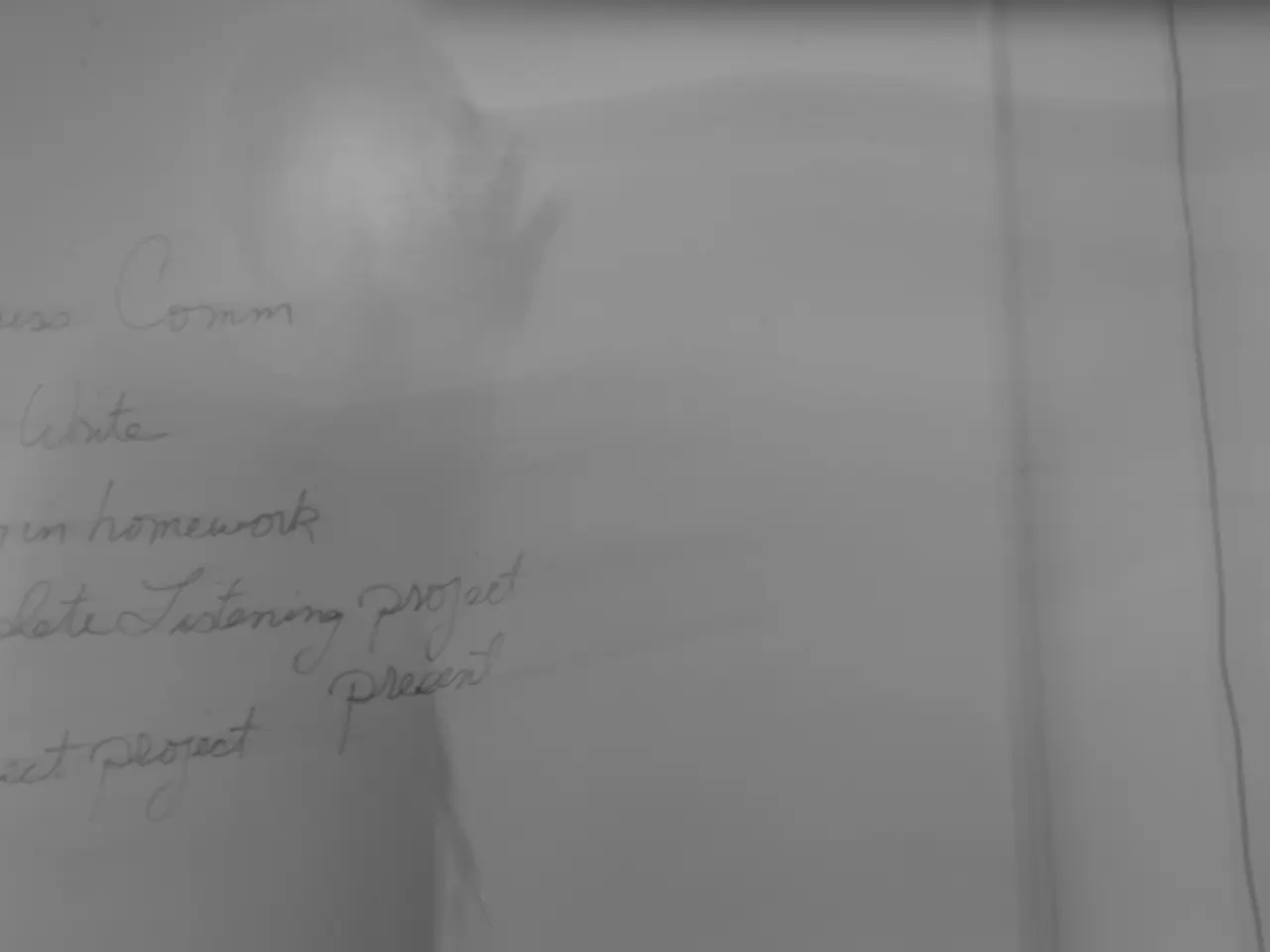Trump's tariff-related court proceedings: Where do tariffs stand?
The European Union Commission has initiated the process to eliminate tariffs on US industrial goods and reduce barriers to the import of certain foods, a development announced on Thursday. This move comes in response to a reduction in US tariffs on car imports from Germany and other countries.
However, the US Court of Appeals has denied US President Donald Trump the authority to justify tariffs on imported goods using a 1977 emergency law. The court's decision may not affect the current tariff rate, but it does not take effect until October 14, allowing the US government to appeal to the Supreme Court.
Trump, in a post on his Truth Social platform, asserted that "ALL TARIFFS REMAIN IN EFFECT!" following the decision. The EU Commission, initially, did not comment on the ruling.
The court's decision is less concerned with the tariffs themselves than with the legal argumentation used to justify them. Judges have emphasised that tariffs are a core competence of the US Congress. The Supreme Court's conservative majority, appointed during Trump's first term, may rule in his favour if the case is appealed.
The EU Commission is continuing to work on implementing the agreements with the US. The Commission spokesman said on Saturday that they would continue to work on implementing the agreements with the US. The decision does not affect all tariffs; duties on cars, steel, aluminum, pharmaceuticals, and semiconductors were excluded.
Trump claims that there is an emergency and that this justifies the application of the 1977 law, citing an imbalance in international trade to the detriment of the USA and unfair treatment. The US appeals court's reference to an older status from April involved tariffs announced by Trump against a large number of countries.
The tariffs on most products imported from Germany and other EU countries to the US have been at a rate of 15% since August 7, as a result of an agreement reached between Trump's government and the EU. There were extensions of deadlines, negotiations, and letters from the White House in the weeks and months that followed, resulting in partial reductions and further increases of tariff rates for certain countries.
Despite the ongoing legal dispute over tariffs, Trump has expressed his intent to escalate the matter all the way to the Supreme Court. The EU Commission started the legislative process to abolish tariffs on US industrial goods and reduce barriers to the import of certain foods, signalling a potential resolution to the trade tensions between the two economic powerhouses.
Read also:
- Lu Shiow-yen's Challenging Position as Chair of the Chinese Nationalist Party (KMT) Under Scrutiny in Donovan's Analysis
- Enemy Forces Have Taken Ukrainian Prisoner
- BJP Persuaded Delhi Voters That Supporting AAP Was Pointless, According to Pavan K. Varma
- Potential Democratic Contenders for Presidency in 2028 Yet to Exclude Themselves from Race








